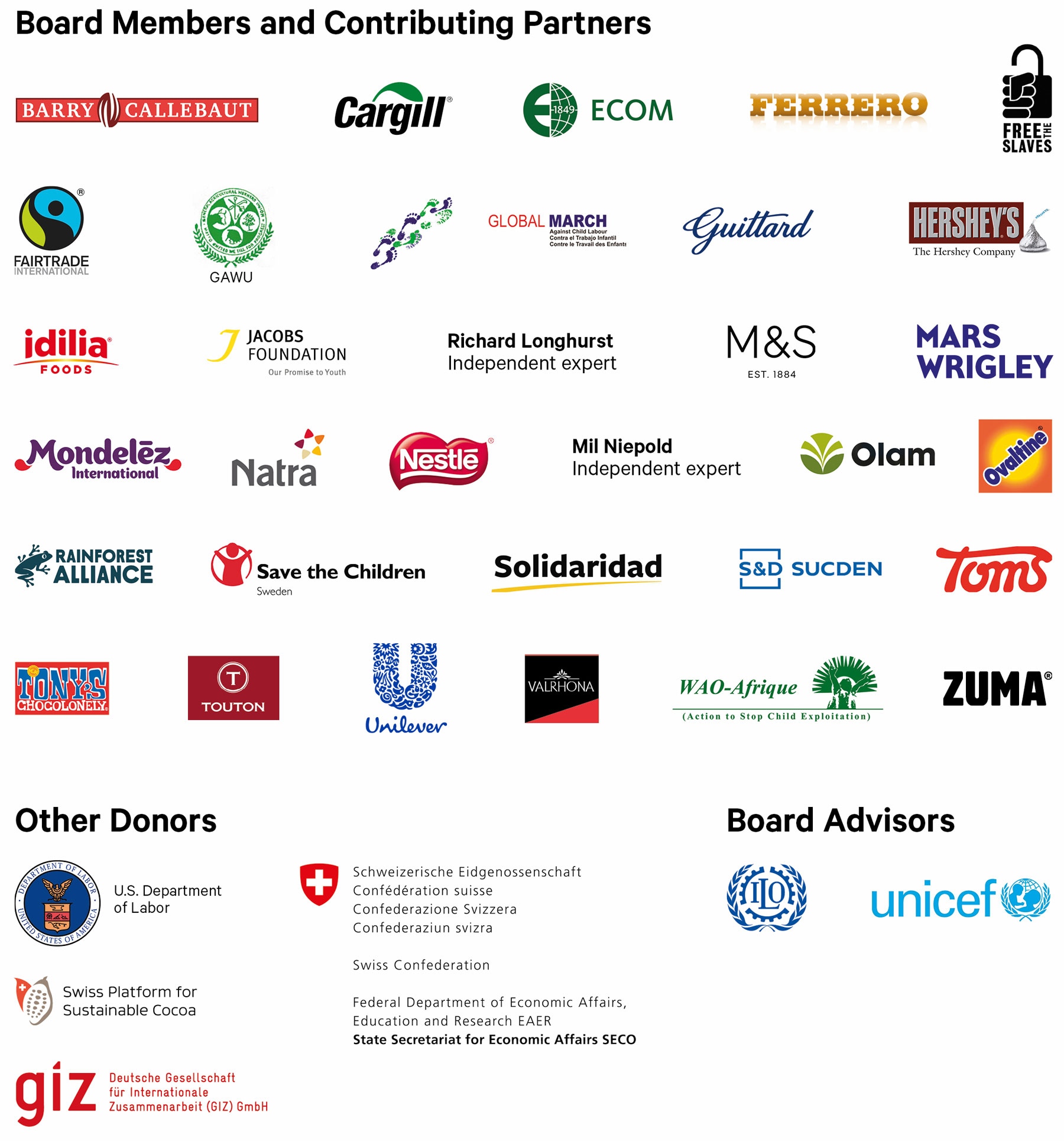ICI is a leading non-profit foundation that promotes child protection in cocoa-growing communities. Uniting the forces of the cocoa and chocolate industry, civil society, farming communities and national governments in cocoa-producing countries, ICI ensures a better future for children and advances the elimination of child labour. We work with our partners to ensure that cocoa-growing communities are more protective of children and their rights, that the cocoa supply chain manages the risk of child labour responsibly and that knowledge and information are promoted openly and transparently.
Operating in Côte d’Ivoire and Ghana since 2007, we have implemented holistic child protection strategies in cocoa-growing communities and across the cocoa supply chain. Our 2015-2020 strategy has so far directly benefited 381,144 children, 232 communities and 214 farming cooperatives.
Our work

In communities we tackle child labour’s root causes and innovate to find new solutions

In the supply chain we promote responsible business conduct and support human rights due diligence

At the national level we support governments in their child protection efforts

At the international level we build knowledge and advocate for children’s rights

Vision
ICI’s vision is of thriving cocoa-growing communities where children’s rights are respected and protected, and where child labour has been eliminated.

Mission
ICI works to improve the lives of children in cocoa-growing communities, safeguarding their rights and contributing to the elimination of child labour by supporting the acceleration and scale-up of child-centred community development and of responsible supply chain management throughout the cocoa sector.

Strategy
ICI aims to directly improve protection for 375,000 children by
the end of 2020.
Our values
Message from the Executive Director

Innovating and inspiring for greater impact
by Nick Weatherill
“We are on the right track, but the road ahead remains a long and steep one.”
Since 2015, ICI has grown considerably, establishing ourselves as both an operational partner and a thought-leader in the fight against child labour. We’ve improved the lives of over 380,000 children in cocoa-growing communities over the last 5 years, meaning we have surpassed our direct-action target of 375,000 children by the end of 2020.
Last year, we reinforced our monitoring and evaluation capacity to better measure the success of our work and learn from our results. An analysis of the last 5 years of our community development work confirmed a 20-30% reduction in child labour in communities we worked with, alongside increased school enrolment and improvements in income for cocoa-growing households. We also confirmed the potential of our Child Labour Monitoring and Remediation System (CLMRS) to reduce child labour by almost 50% amongst identified children, at the same time broadening our understanding of the risk of relapse and the importance of measuring the severity of child labour, as well as its incidence.
At ICI we work with our partners in the cocoa sector and beyond to improve protection for children in cocoa-growing communities, achieving real impact through our Child Labour Monitoring and Remediation Systems and our Community Development Programme.
Our impact/CLMRS
Rolling out the CLMRS across West African supply chains
A core part of ICI’s 2015-20 strategy consists of supporting the cocoa sector embed responsible risk-management within the supply chain through Child Labour Monitoring and Remediation Systems (CLMRS). These systems prevent, identify, monitor and remediate child labour cases.

CLMRS impact in 2019



Learn more about the CLMRS
ICI’s CLMRS is a structure embedded in the supply chain of chocolate and cocoa companies which aims to identify, remediate and prevent child labour.
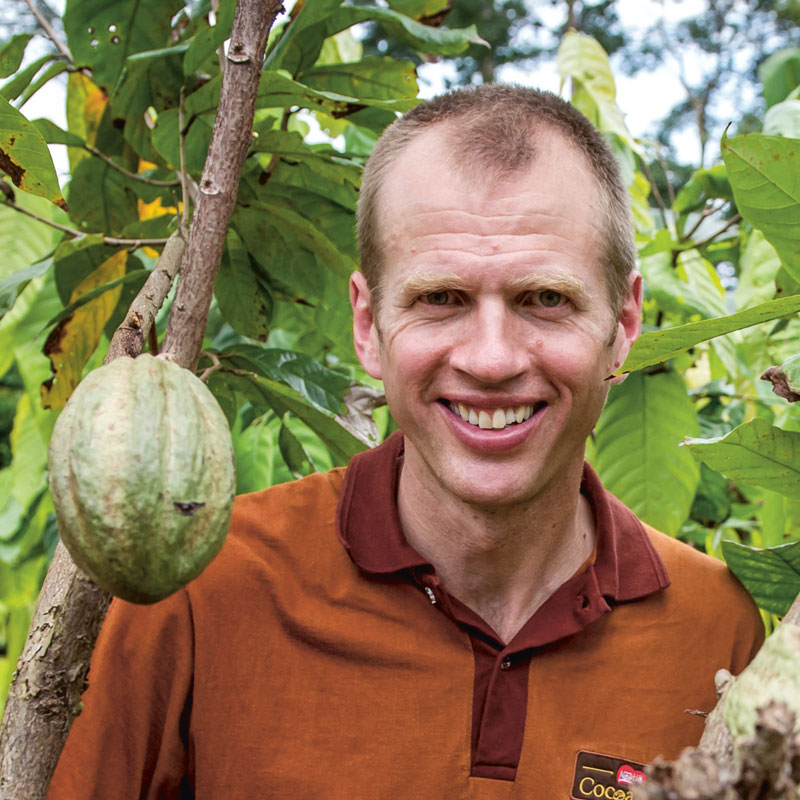
Darrell High
Head of Nestlé Cocoa Plan
“The Child Labour Monitoring and Remediation System was successful in tackling child labour in just over half of cases in the 2019 reporting period. The CLMRS is a key component of the Nestlé Cocoa Plan where there is a high risk of child labour, so we will use it in all our sourcing from West Africa by 2025.”
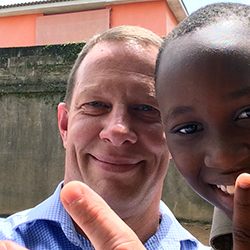
Jeff King
Sr. Director Global Sustainability and Social Impact, Hershey’s
“Child Labor Monitoring and Remediation Systems are critical to identifying any child labor issues that exist within our supply chain. But the more important element is the remediation it enables us to undertake – whether it’s educating farmers or securing school kits and birth certificates to ensure kids are in school. Hershey will be expanding this important system to 100% of our high-risk supply as part of our Hershey Cocoa For Good direct sourcing program by 2025.”

Diara
Impact Cheerleader at Tony’s Chocolonely
“Since the implementation of the CLMRS in 2017 we have found a lot more cases of illegal child labour than before. While this is obviously not great news, it demonstrates that the system is working. Collaborating closely with the cooperatives sparked a lot of helpful feedback, based on which ICI is developing a new data management system that will enable partners to generate a report at the press of a button.”
Community development has been integral to ICI’s strategic approach for the past five years. Between 2015 and 2018, we assisted 75 cocoa-growing communities in Côte d’Ivoire and Ghana through the ICI core programme to create a more protective and enabling environment for children.
Our impact / Community Development
Supporting empowered communities to increase child protection and reduce child labour
In 2019 we commissioned an external evaluation and conducted additional analysis to understand how effective our community development approach has been in reducing child labour and promoting children’s rights.
Analysis of the impact of ICI’s community development programme shows a significant reduction of child labour over the course of the project. Preliminary results show an average reduction of 20% across 46 communities in Côte d’Ivoire and 30% across 29 communities in Ghana. The proportion of children carrying out hazardous tasks and the number of hours they worked per week also fell substantially. The external evaluation also showed significant impacts in terms of improved access to quality education and community empowerment, when compared to unassisted communities.
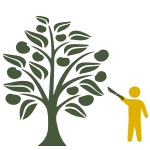
Community Development in Action: Abease
ICI worked with the Abease community in Ghana to promote child protection as part of the Community Development Programme. As a result, community members became informed, empowered and motivated to strengthen child protection, putting it at the heart of their development. Today, Abease’s children face a reduced risk of child labour and have greater access to quality education.
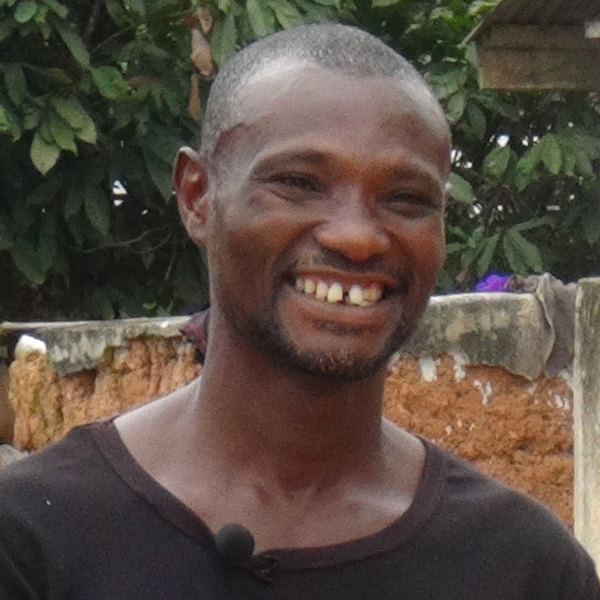
James Coffey
President of the Abease Community Child Protection Committee
“The state of education infrastructure in this community was poor. Armed with our Action Plan, we went as far as the regional minister to lobby for our development.”
Our impact / Community Development
Eliminating Child Labor in Cocoa-Growing Communities: ECLIC
Over four years from 2015 to 2019, ICI supported children and families in 50 cocoa communities in Côte d’Ivoire following our community development approach with the support of the United States Department of Labor through the Eliminating Child Labor in Cocoa-growing Communities in Côte d’Ivoire (ECLIC) programme.

Key Results Among Supported Children

Significant decrease in hazardous child labour among supported households

Increased awareness
of child labour and
the importance of education

Improved educational resources and access to quality education

Increased
community
empowerment
ECLIC in Numbers











Innovation and learning
Finding new ways to tackle existing and emerging challenges in cocoa supply chains and learning to scale up impact are at the heart of what we do at ICI.
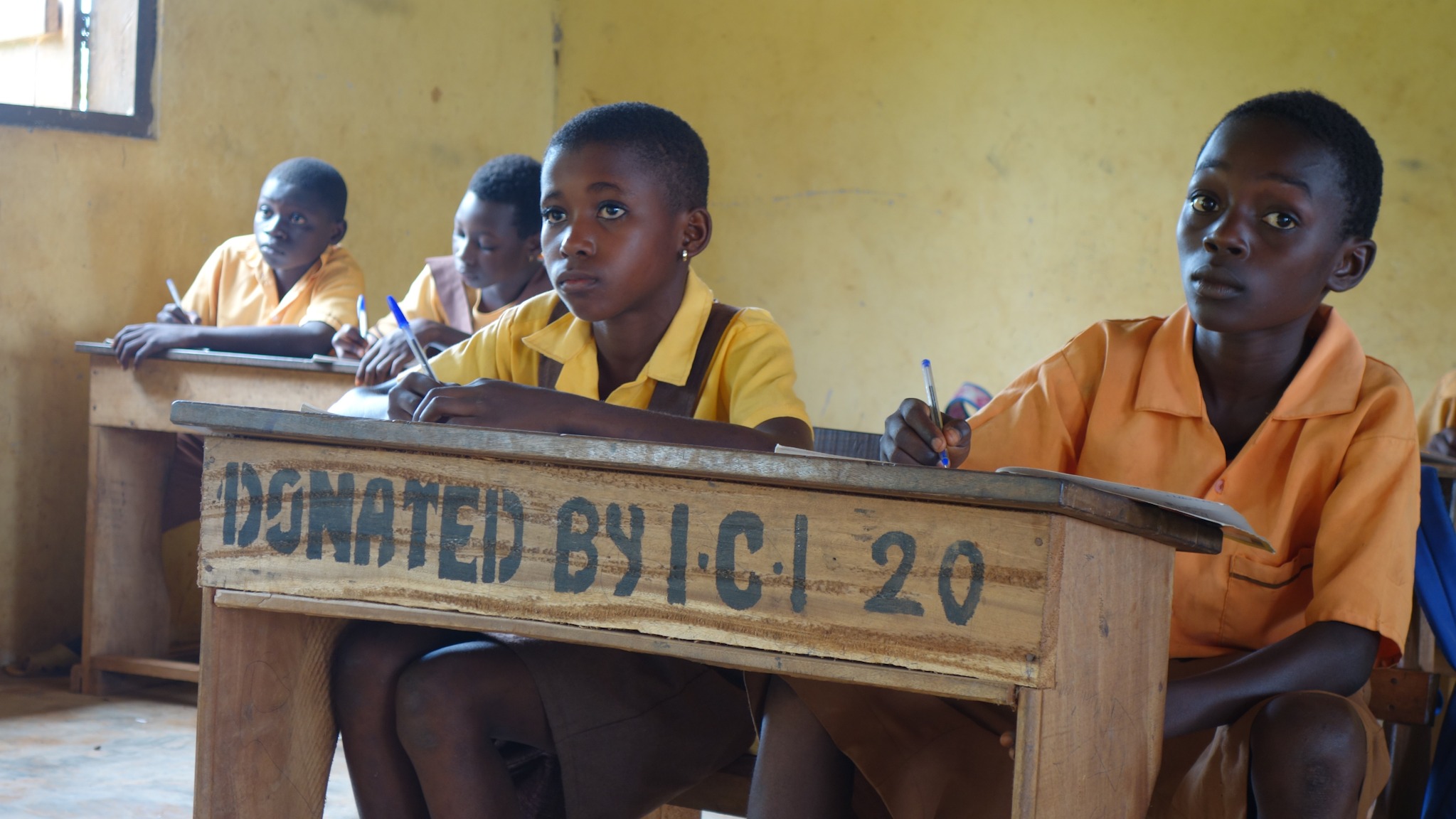
Quality education: an important piece in the child labour puzzle
Last year, ICI delved further into the link between education quality and child labour. This research found a strong correlation between […]
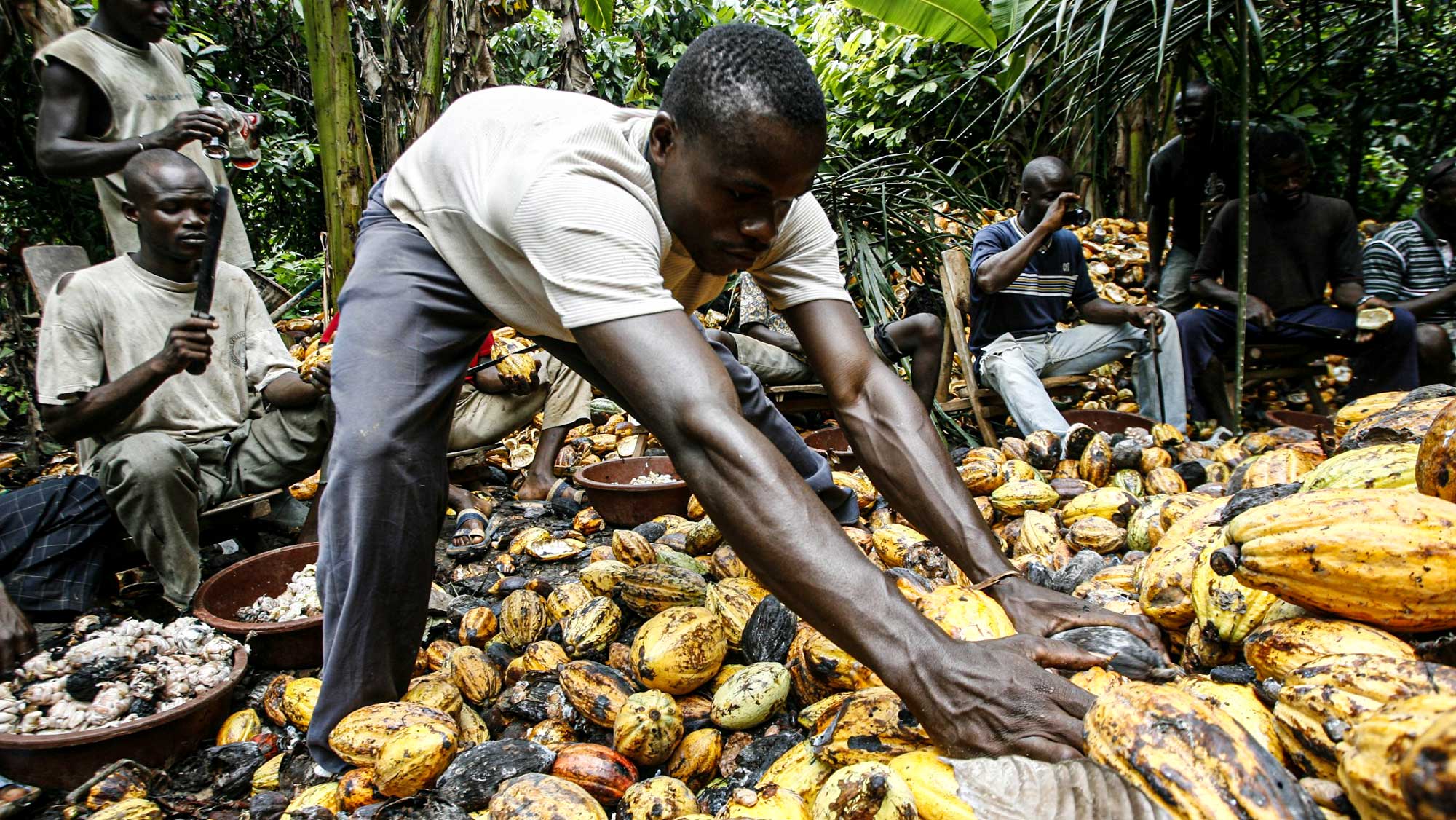
Learning to tackle forced labour risk in cocoa
Forced labour is a serious problem that needs to be better understood and addressed in global supply chains, including cocoa. A 2018 […]
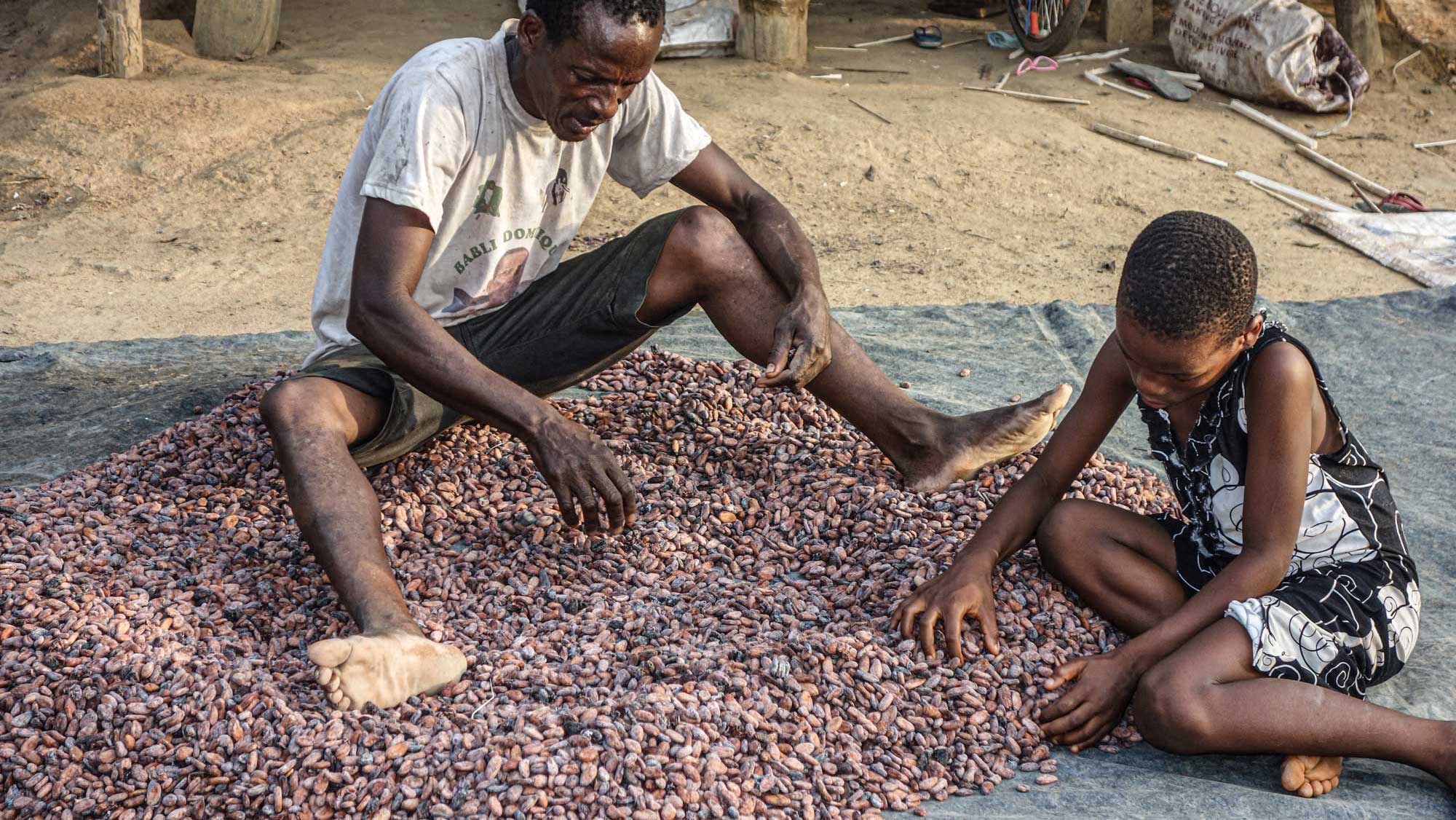
Understanding child labour risk, refining monitoring mechanisms
Traditional methods of measuring child labour, such as in-depth assessments, are costly and time-consuming. But what if there was a way to estimate […]
Message from ICI’s Co-Presidents

Mil Niepold
Independent Expert

Isabelle Adam
Corporate Relations, Touton
Learning at the heart of progress
We are nearing the end of a 6-year strategy cycle at ICI – an excellent time to take stock of lessons learnt.
ICI has continued to evaluate and refine its intervention models and is working to strengthen synergies between cocoa sector stakeholders and improve child and forced labour assessment tools in cocoa-growing communities. Remediation and prevention activities have been rolled-out to an ever-growing number of children and farmers; while innovations, such as estimating child labour risk at the community and household level, continue to be tested on the ground.
We are proud of our successes and while progress has been made, stronger commitments and coordinated action from those within the cocoa sector and beyond are now needed to take this impact to the next level.
Board Members and Contributing Partners
Current ICI Board Members, Contributing Partners & other donors
The ICI Board is comprised of Board Members from both industry and civil society, who preside over the foundation’s governance, accountability and strategic direction. Corporate and non-profit Contributing Partners generously fund our work.
